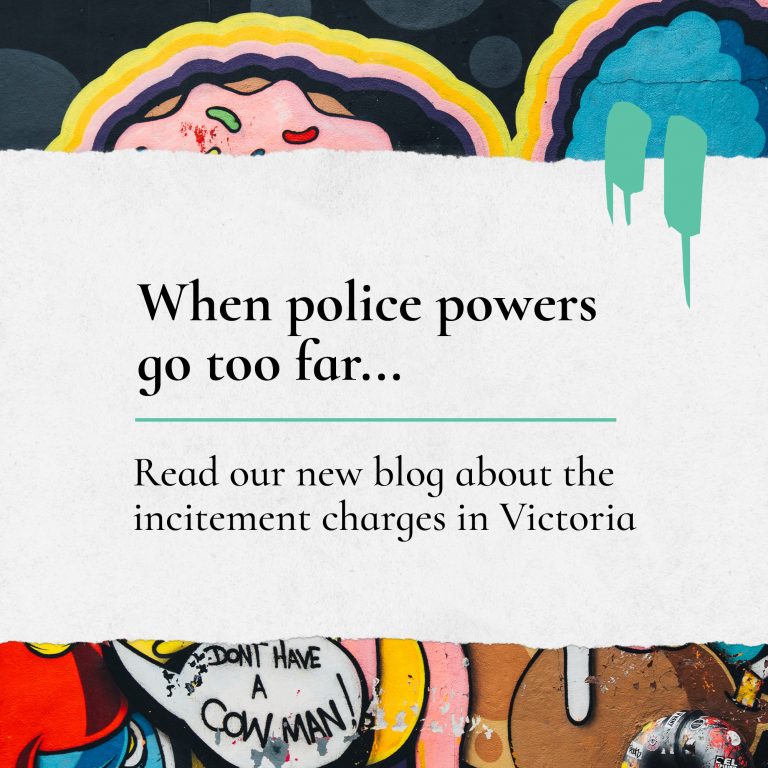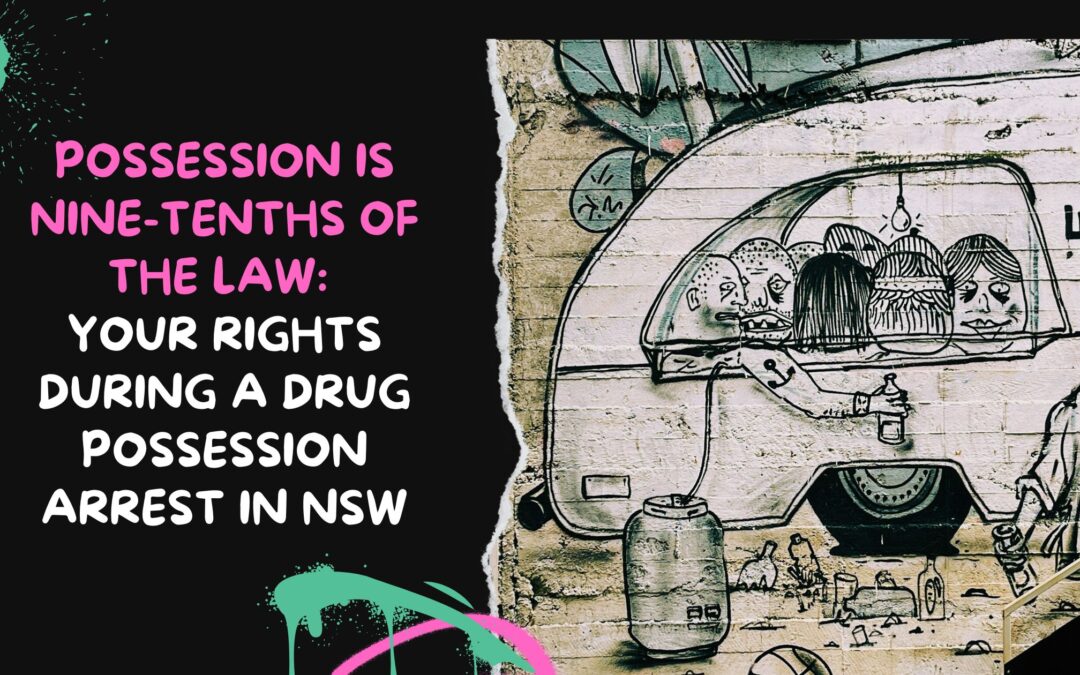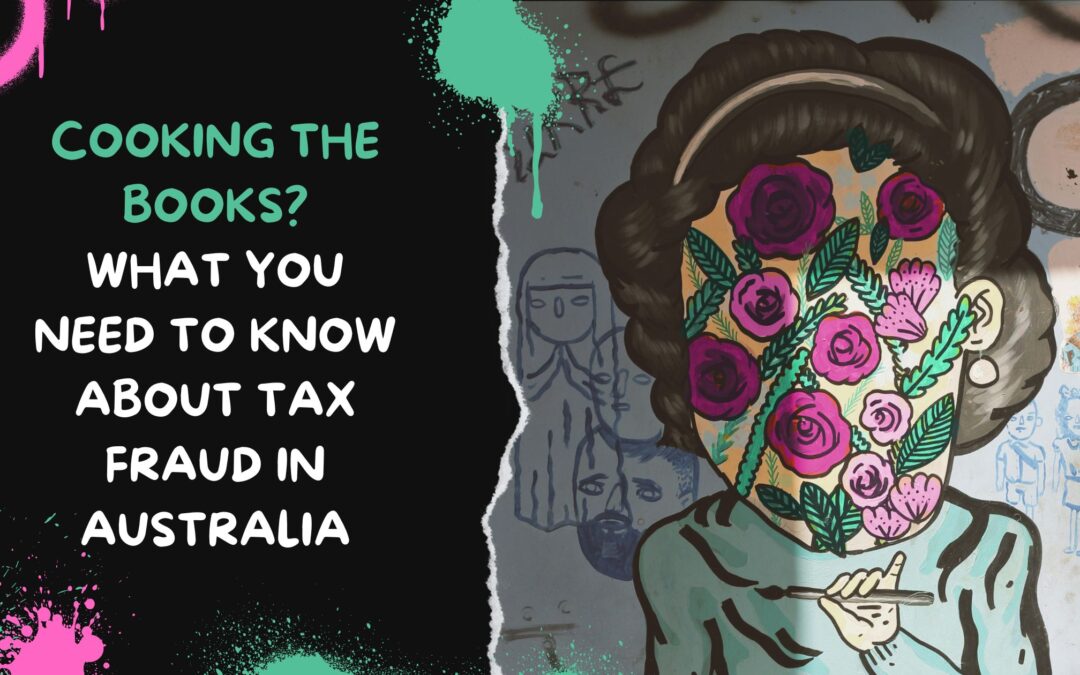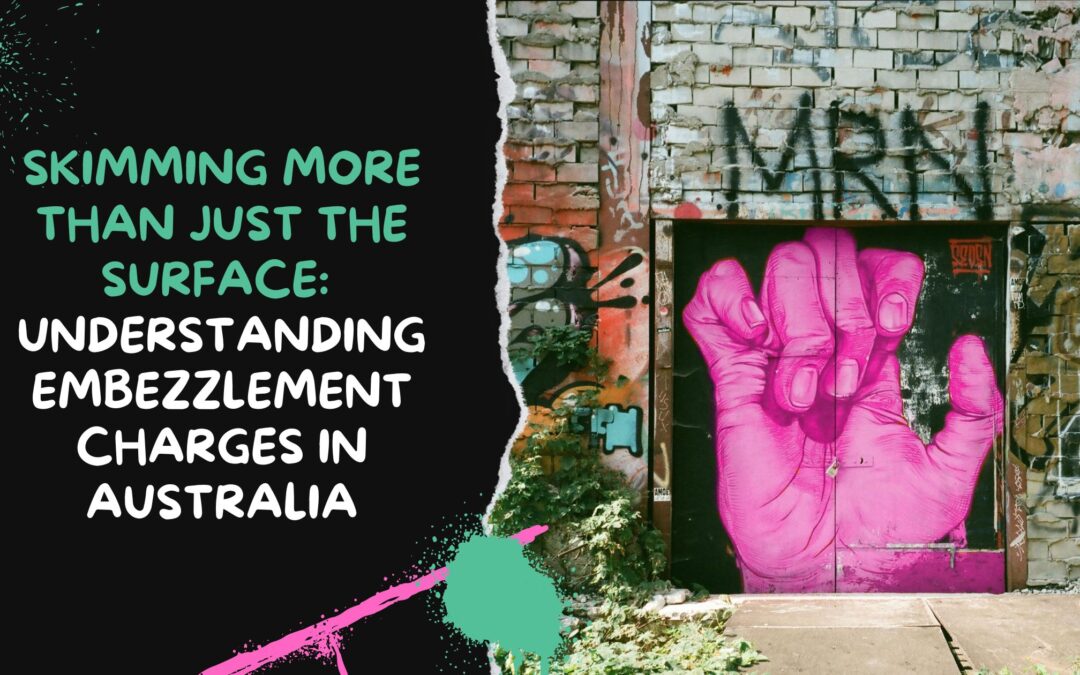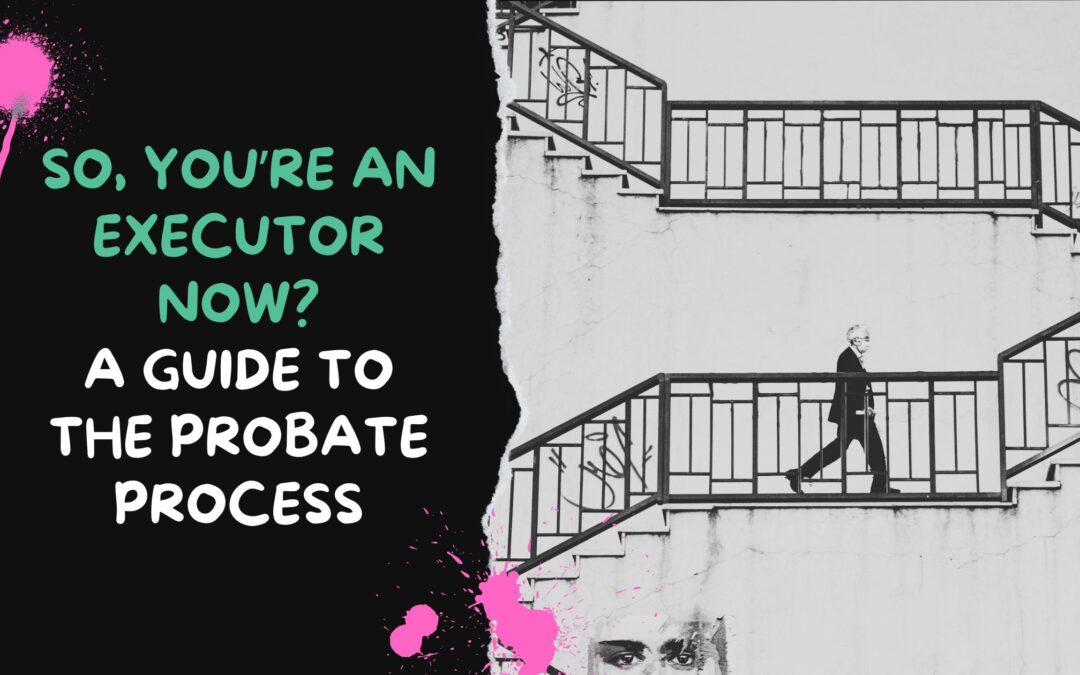If you haven’t watched The Social Dilemma yet, put it next on your to-watch list.
Better yet, substitute the 144 minutes the average person spends on social media each day with watching this doco-drama.
It’s a scathing, honest and frightening reveal of just how much of our privacy we’re giving up every time we open those apps. From the psychological impact of seeing ‘perfect’ lives online to the dopamine hits we get when our phones ping, this doco-drama doesn’t shy away from how much power we’re given over to these machines. As contributor Jeff Seibert puts it, ‘everything we’re doing online is being watched, is being tracked’.
That social media records our every move might not be news to everyone. But how it could land us in trouble with authorities might be. In one of the final scenes, we watch as an innocent bystander gets arrested while checking out a protest he learnt about online. It’s eerie to watch this scene on Netflix, then turn over to the news and see a similar type of arrest happening in Victoria. Only in this case, police aren’t arresting people for attending protests – they’re arresting people for posting about protests online.
If this sounds outrageous, it’s because it is. Recently Victorian police have been charging people for posting content that encourages others to attend protests, because they claim that amounts to incitement.
Let’s break down what incitement is and how it’s being used across the border at the moment.
What is incitement?
Incitement refers to behaviour that encourages others to commit a crime before the crime takes place. It’s broadly defined under the Victorian Crimes Act to include behaviour that ‘commands, requests, proposes, advises, encourages or authorises’ people to engage in criminal activity.
Under the Victorian Crimes Act, prosecutors must establish, beyond a reasonable doubt, that:
- the accused person incited another to do something that would result in the commission of a criminal offence; and
- at the time of the conduct, the accused had an intention that the offence would occur.
It’s important to note that while incitement is not a new offence, using online posts as the basis of an incitement charge is new. Incitement charges are normally reserved for the commission of serious crimes like murder or assault, and can be punished by imprisonment. In other words: it’s a hefty charge, and it shouldn’t be the case that a simple Facebook post could land you in hot water.
So why are people being charged for incitement in Victoria?
In short, because the police are digging around people’s social media and bending the definition of incitement activity to extend to online posting. Authorities are arguing that because mass gatherings are currently banned, online posts that encourage people to attend protests are akin to ‘encouraging people to take part in unlawful activity’ and therefore amount to incitement.
We don’t agree. Police rifling through people’s social media is always concerning, but actively finding posts they can use for a criminal charge and then arresting you at your house is a whole other thing.
What are the big issues with these incitement charges?
The first and most troublesome issue is that it doesn’t take much to land you in hot water. Incitement does not need to be acted upon for an offence to be committed, so people stuck at home in lockdown are essentially sitting ducks. If you watch The Social Dilemma, you’ll see that social media has one key goal: user engagement. Everything you interact with online is tailored to prompt a reaction from you. In other words, if you feel strongly about lockdown laws, protesting, or freedom of speech, there’s a good chance you’ll see content related to these topics. And based off the Victorian Police’s attitude, engaging with these types of posts, or posting about these topics could easily result in a charge.
The other big issue we have with these arrests is the unabashed use of people’s online profiles and privacy. Police have significant powers that allow them to access data, phone calls and text messages and they often use this evidence against an accused. But basing an entire criminal charge off a social media post? That’s news to us.
This is also legally problematic, because breaches of coronavirus laws have generally been handled under public health legislation and not through a criminal charge. Suddenly a Facebook post that authorities don’t agree with could result in imprisonment or a criminal record. It’s a far cry from any sort of proportionate or justifiable punishment.
There’s also been a lot of footage of police being heavy-handed with vulnerable peoples, such as a pregnant woman who was arrested for incitement in front of her husband and young children. When the woman offered to take the post down, the police did not stop the arrest. And when this footage sparked widespread public and international outrage, the Premier stood by authorities because he felt strongly that ‘now is not the time to protest.’ Apparently it’s not the time for police accountability or reasonable law-making, either.
At any rate, it’s clear that this message from The Social Dilemma rings true: ‘if you want to control the population of your country there has never been a tool as effective as Facebook.’
If you find yourself seeking further information or needing legal assistance, contact Green & Associates today on (02) 8080 7585.
